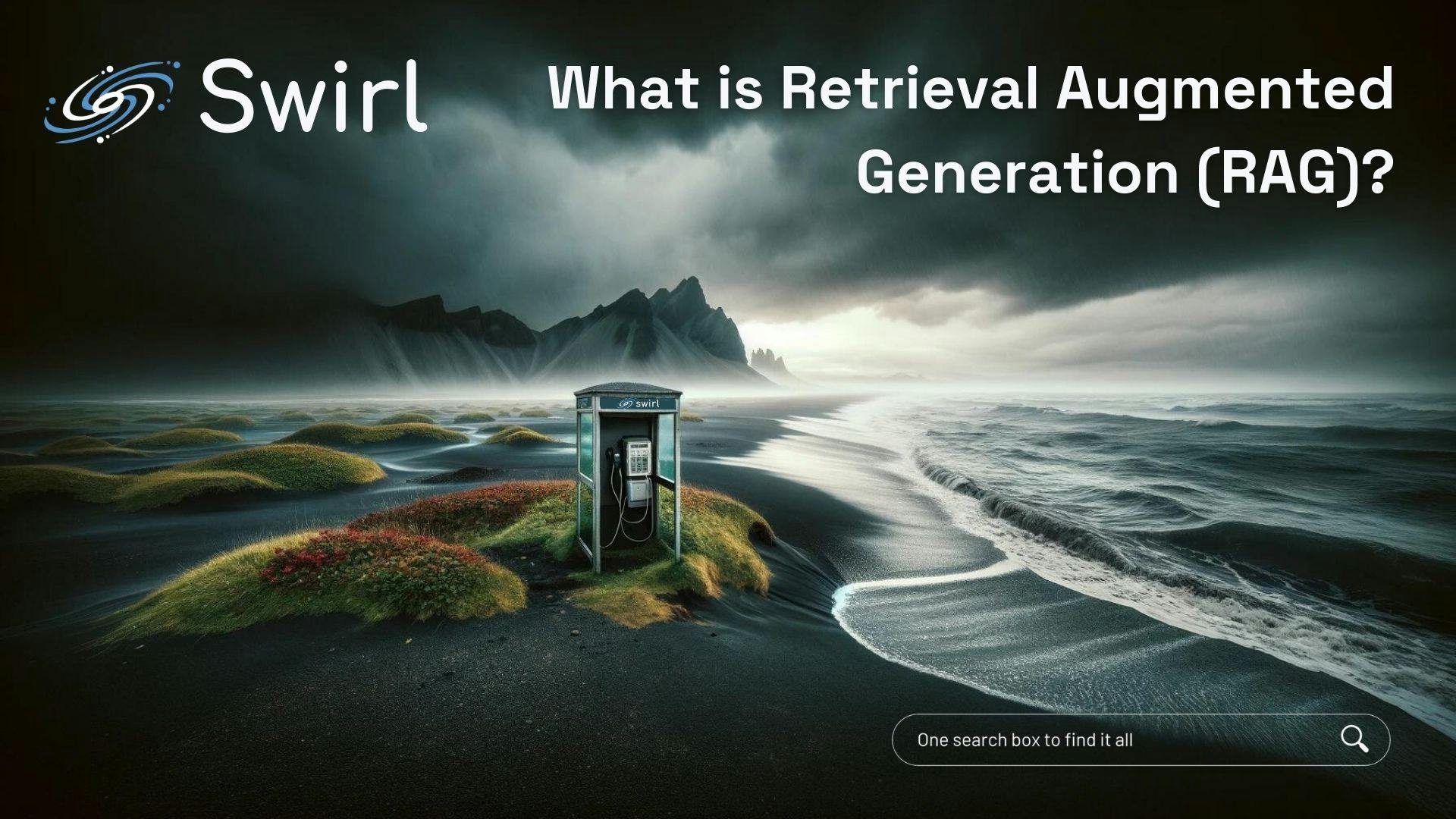What is Retrieval Augmented Generation (RAG)?

Artificial intelligence is constantly evolving, and one of the latest advancements is Retrieval Augmented Generation (RAG). This advancement boosts Large Language Models (LLMs) beyond their current limits by bridging the gap between machine-generated language and real-world information.
RAG generates more accurate, contextually rich, and up-to-date responses, transforming our interactions with AI. This article will explore what sets RAG apart and how it’s expected to change AI interactions.
The Limitations of Standard LLMs
Large language models are computational powerhouses trained on massive quantities of text. They excel at generating coherent text, summarizing information, and translating languages. However, even the most advanced LLMs harbor limitations:
- Outdated Knowledge: Their training dates back to a specific time, making them ill-suited for current events or recent breakthroughs.
- Factual Blind Spots: LLMs might sometimes conjure creative “facts” instead of relying on concrete data, leading to false or misleading responses.
- Limited Contextualization: They may struggle to adapt their responses to the delicate nuances of specific contexts or queries.
⠀
RAG to the Rescue
RAG elegantly addresses these LLM shortcomings by integrating a retrieval component. Let’s break down how it works:
1 The User Query: Imagine asking an AI chatbot, “What’s the latest progress in renewable energy solutions?”
2 Retrieval: Instead of relying solely on its internal knowledge, RAG would consult a curated knowledge base or perform a real-time search against relevant sources (e.g., news articles, research papers, web pages).
3 Contextualization: The retrieved information, rich in timely insights, is incorporated into the language model’s response, crafting a more comprehensive, reliable, and context-rich answer.
⠀
Advantages of Retrieval Augmented Generation
- Improved Factual Accuracy: RAG minimizes the chances of LLMs spewing misinformation by grounding them in verifiable, up-to-date knowledge.
- Enhanced Relevance: Results become highly tailored to specific queries, thanks to the retrieval step fine-tuning the understanding of the context.
- Adaptive Flexibility: RAG effortlessly handles shifting trends, incorporating fresh insights without extensive retraining of the underlying LLM.
⠀
Real-World RAG Applications
From customer service to research, RAG has widespread transformative potential:
- Smarter Chatbots: Support chatbots equipped with RAG offer factual, informed answers to even subject-specific questions, significantly enhancing their usefulness.
- Intelligent Question Answering Systems: RAG can power research tools that provide comprehensive, data-backed answers across various topics.
- Streamlined Content Creation: Imagine assisting the authoring process by having RAG gather relevant statistics, summaries, or background information that can be directly woven into marketing materials or reports.
⠀
Swirl Search: Metasearch and the Magic of Instant RAG
Swirl Search uniquely unlocks RAG-powered experiences through its intelligent metasearch technology. Here’s how it simplifies the process:
- Connection Across Silos: Swirl unifies your enterprise data via unified or federated search approaches, creating a vast virtual knowledge base tapped into as required.
- Real-Time Retrieval: When a query calls for RAG, Swirl identifies relevant sources on the fly, ensuring you don’t miss out on fresh insights within ever-changing datasets.
- No Data Migration: The power of metasearch eliminates cumbersome data migrations and ETL processes. RAG gets triggered seamlessly on your live data.
- LLM of Choice: Utilize Swirl’s search and retrieval functions alongside your preferred large language model. Adapt to a range of use cases and evolving technical advancements.
⠀
In Conclusion
Retrieval Augmented Generation represents a thrilling frontier in AI language understanding. Its capacity to infuse factual knowledge and real-time context into LLM responses holds immense promise. Swirl’s robust metasearch infrastructure removes complexities and makes RAG workflows immediately accessible across multiple data sources, ushering in a new level of AI-driven insights within your organization.
